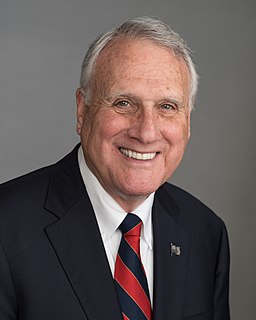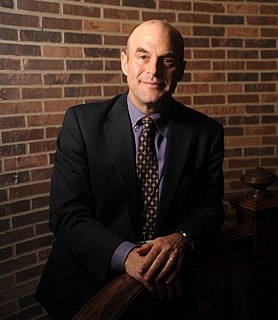A Quote by Daniel Dennett
Thanks to technology, what almost anybody can do has been multiplied a thousandfold, and our moral understanding about what we ought to do hasn't kept pace.
Related Quotes
Of all the things we are wrong about, error might well top the list ... We are wrong about what it means to be wrong. Far from being a sign of intellectual inferiority, the capacity to err is crucial to human cognition. Far from being a moral flaw, it is inextricable from some of our most humane and honourable qualities: empathy, optimism, imagination, conviction, and courage. And far from being a mark of indifference or intolerance, wrongness is a vital part of how we learn and change. Thanks to error, we can revise our understanding of ourselves and amend our ideas about the world.
Marrying Cal, the scion of a family whose wealth dated to the Industrial Revolution and had multiplied through every turn of the American economy since, ought to have eased her worries about failing to climb as high as she believed she deserved. But the money was his, not theirs. The unspoken power this gave him kept her from asking: Why don't you stay home?
Our missile technology, our equipment, is better than anybody by a factor of five. I mean look, we have, in terms of technology, nobody can even come close to competing. Now we're going to start getting it, because the military has been cut back and depleted so badly by the past administration and by the war in Iraq, which was another disaster.
Scientists tell us that we have enough technology to save our planet. . . . Yet we don't take advantage of this new technology. . . . The technological has to work hand-in-hand with the spiritual. Our spiritual life is the element that can bring about the energies of peace, calm, brotherhood, understanding, and compassion. Without that, our planet doesn't stand a chance.
I think moral philosophy is speculation on how we ought to live together done by people who have very little clue how people work. So I think most moral philosophy is disconnected from the species that we happen to be. In fact, they like it that way. Many moral philosophers insist that morality grows out of our rationality, that it applies to any rational being anywhere in the universe, and that it is not based on contingent or coincidental facts about our evolution.
Economics is haunted by more fallacies than any other study known to man. This is no accident. The inherent difficulties of the subject would be great enough in any case, but they are multiplied a thousandfold by a factor that is insignificant in, say, physics, mathematics or medicine - the special pleading of selfish interests.








































